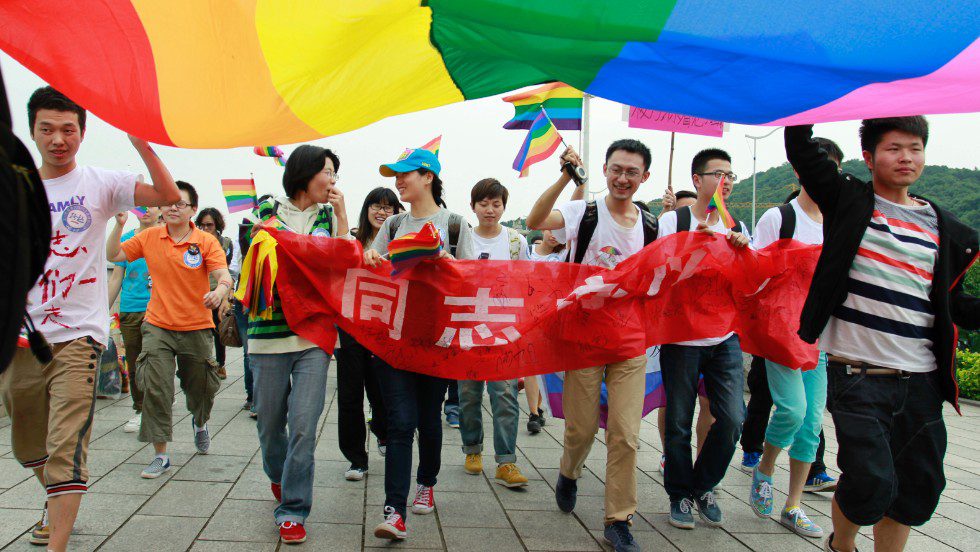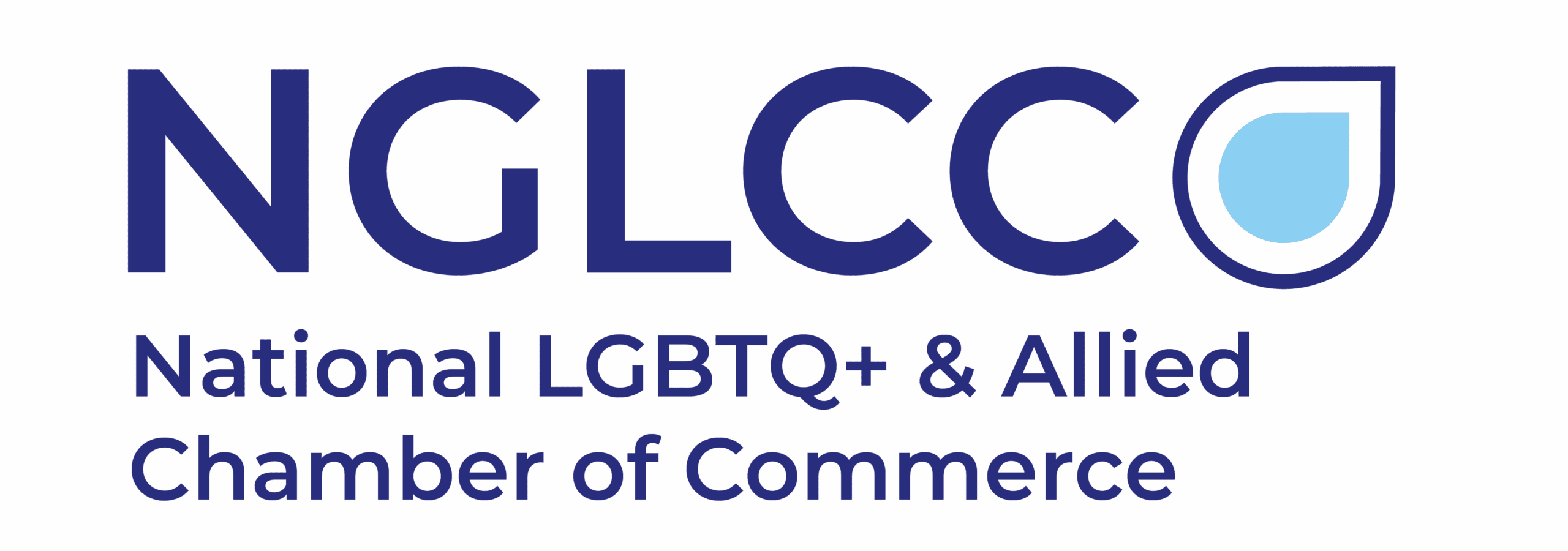 On February 16, the majority of China’s 1.3 billion people marked the beginning of the Chinese New Year. During this time, hundreds of millions returned home to spend time with their families during the largest human migration in the world. For many younger Chinese people, they likely faced unrelenting questions, such as: “When are you getting married?” or “When are you going to have children?” These family and social pressures are particularly tough for LGBT people in China – who face significant heterosexual, cisgender expectations from their families and society. However, even without full equality before the law and in light of this widespread intolerance, this post examines how the business community is tapping into the country’s increasingly visible LGBT community – and what that means for their visibility.
On February 16, the majority of China’s 1.3 billion people marked the beginning of the Chinese New Year. During this time, hundreds of millions returned home to spend time with their families during the largest human migration in the world. For many younger Chinese people, they likely faced unrelenting questions, such as: “When are you getting married?” or “When are you going to have children?” These family and social pressures are particularly tough for LGBT people in China – who face significant heterosexual, cisgender expectations from their families and society. However, even without full equality before the law and in light of this widespread intolerance, this post examines how the business community is tapping into the country’s increasingly visible LGBT community – and what that means for their visibility.
The Chinese LGBT population is estimated at 70 million people. To put that into perspective, if the Chinese LGBT community was its own country, it would be larger than the populations of 27 of the 28 countries in the European Union (every country except Germany). China’s LGBT community is also quite significant in that it likely spends an estimated $470 billion annually.
Despite China’s large LGBT population, the country’s legal system continues to lag behind in the protections it affords this community. Homosexuality was illegal in China until 1997 until it was declassified as a mental disorder 2001. China does not have any laws protecting individuals from discrimination due to sexual orientation or gender identity; however, over the past four years, China’s LGBT community has won some legal victories in the courts, increasing its visibility throughout the country.
In 2014, a court ordered that a gay man in China who underwent electroshock therapy be compensated, stating that homosexuality was not something that needed to be “cured.” In 2016, a Chinese court heard the country’s first same-sex marriage case when a same-sex couple challenged the inability for two men to register to marry. While the couple did not win their case, it was covered extensively in the Chinese media and became a political flashpoint, if only for a brief time. And in 2017, in what was believed to be the first time that a Chinese court heard a case on transgender identity, a court found that a transgender man was unjustly fired from his job and that his employment rights were violated. In fact, the plaintiff reported that the manager said his “appearance really didn’t fit our standards.”
These legal battles may be evidence that the LGBT community in China is becoming more visible and organized. Despite this, the stigma around being an LGBT person in China no doubt persists. According to a study conducted by Peking University’s sociology department and the UN Development Programme, fewer than 15% of LGBT respondents said they had come out to their families, and more than half of those who did say they had experienced discrimination as a result. From the perspective of the general population, only one in five people said they know someone who is openly LGBT. A 2013 Pew Global Attitudes Project survey found that 57 percent of the general population in China believed that society should not accept homosexuality – compared to 33% of the general population in the United States, for example.
While both laws and attitudes toward the LGBT community are in flux and slowly changing, corporations have been quicker to recognize the buying potential of China’s LGBT population. A growing number of corporations in China have started to take notice of the consumer buying power and influence of the Chinese LGBT population.
Companies in China have openly marketed and appealed to LGBT consumers. Many of them have tended to be multinationals, high-tech firms or Chinese companies hoping to go global. Fortune 500 companies including Starbucks, Nike, Adidas, and Alibaba have started to market themselves as LGBT-friendly in China. Chinese companies including the search engine Baidu, China’s ride-hailing app Didi Chuxing, and karaoke app Changba, have all run pro-LGBT social media campaigns. For Valentine’s Day in 2015, online retailer Alibaba famously selected 10 same-sex couples for an all-expense paid trip to California for a wedding ceremony and honeymoon.
In light of legal inequalities and social stigma, companies are specifically providing for the LGBT community and consumers – which does not go unnoticed by those buyers. A majority of LGBT consumers in China prefer to conduct business with companies that have pro-LGBT policies, similar to consumers in the United States. 56 percent of LGBT men and 62 percent of LGBT women in China say the most important factor influencing their purchasing decisions is company support for LGBT friendly policies and regulations. The purchasing decisions of the Chinese LGBT community will continue to play a role in garnering more visibility for this 70-million-person consumer base- as it has in myriad other countries.
The LGBT community in China continues to face discrimination and marginalization. While there has been progress in recent years, the space for improvement remains vast. Stephen Bielinski, founder of WorkForLGBT, a nonprofit advocating for LGBT people in the workplace, notes “…there are perhaps hundreds of Chinese companies aware of LGBT [people] as a customer group.” In the absence of concerted legal action, the business community will continue to reach out to and show support of the Chinese LGBT community.
NGLCC Global致力于促进LGBTI人员和LGBTI企业家的经济赋权以及包容性经济增长。NGLCC的联络网网络 分享最佳实践,提供交流机会,和更深入地了解LGBTI人员和企业主临的挑战。
我们希望能增加LGBTI拥有的企业的注册,以将其与跨国公司和国际关联公司领导联系起来,以增加他们的商业机会。我们还在努力鼓励更多的公司遵守最近出版的联合国商业行为标准, 以解决对LGBTI人的歧视. NGLCC Global目前还没有跟一个东亚的LGBTI商会合作,但我们希望 将来能继续跟一位中国商会倡导LGBTI人士的经济包容性和知名度。
